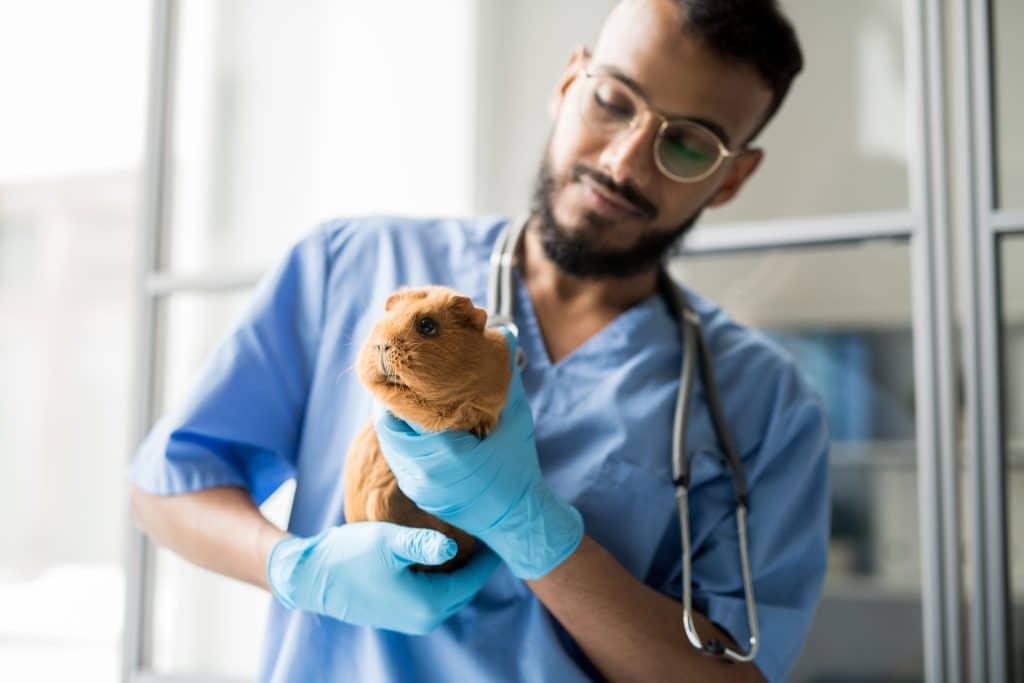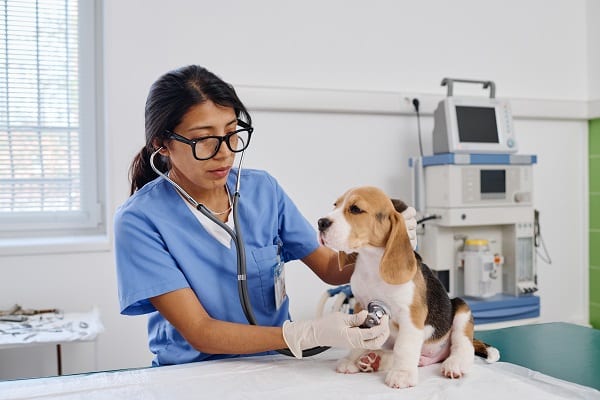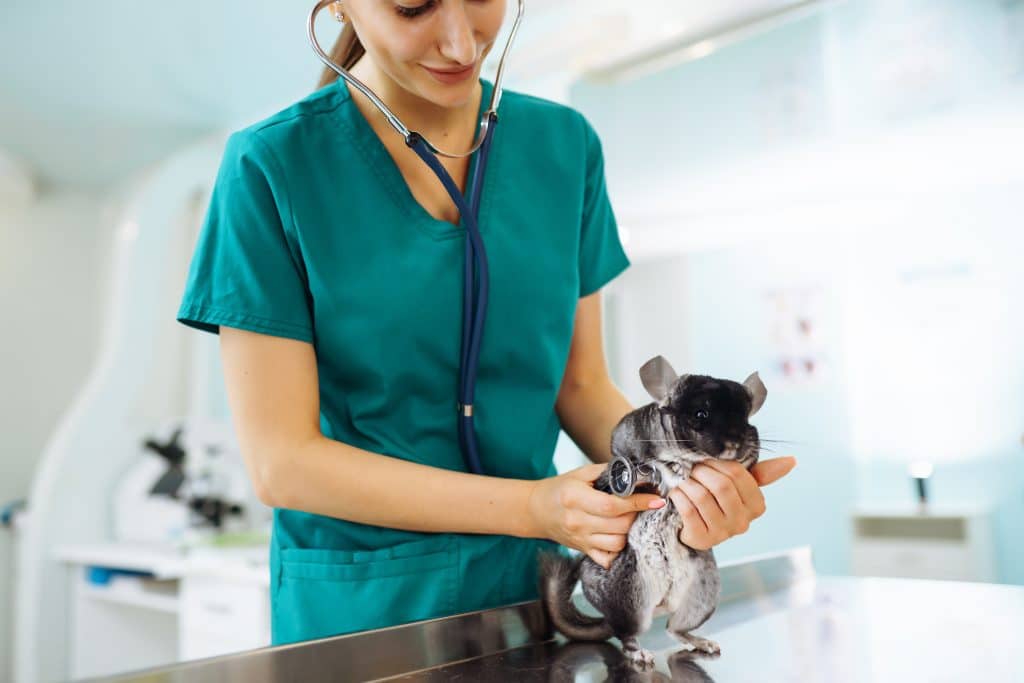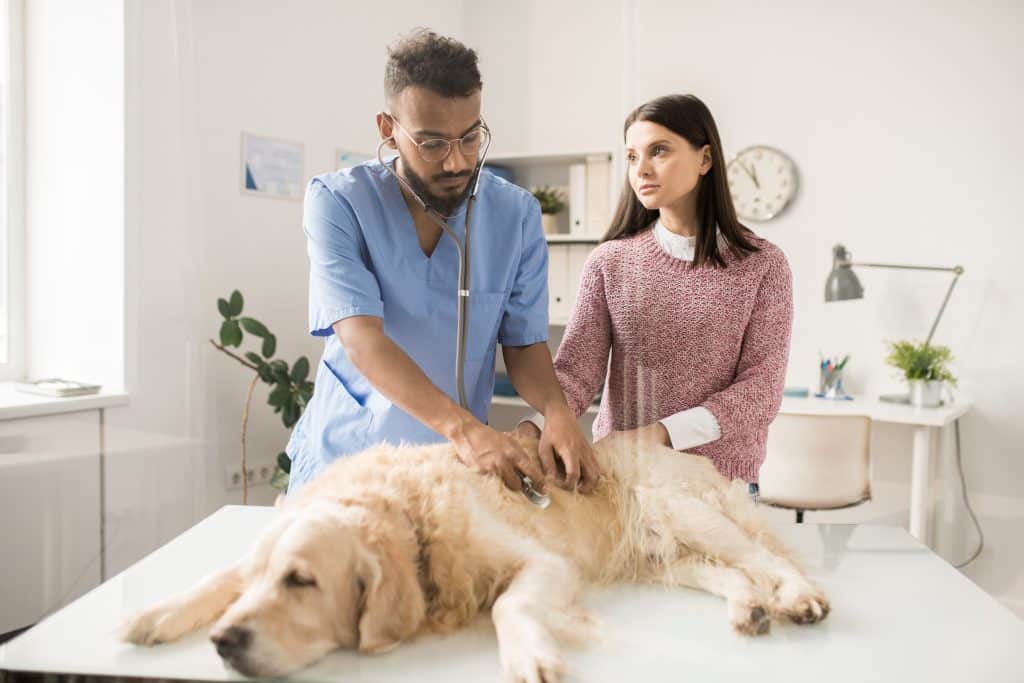Pet ownership is a big responsibility, and just like humans, pets require regular check-ups to stay healthy and happy. Annual check-ups are a crucial part of pet care and provide a comprehensive evaluation of your pet’s overall health. During these appointments, veterinarians can detect and prevent potential health problems before they become serious. Additionally, annual check-ups allow pet owners to ask questions and receive valuable advice on pet care. This article will discuss why annual check-ups are important and what you can expect during your pet’s appointment.
Choosing The Right Vet For Your Pet’s Check-Up

Ensuring your pet is up-to-date on their annual check-up is of utmost importance for a long and healthy life. Therefore, finding the perfect vet for your special animal companion is paramount. From researching available options in your area to inquiring about qualifications, choosing the right vet for a check-up can be daunting. To start narrowing down potential candidates, ask yourself which clinic fits your schedule and is closest to your home or workplace.
Taking recommendations from friends and family who have already visited said vets can also prove helpful. Once you’ve selected one vet, get ready to take notes and communicate all pertinent information regarding your pet’s health during the check-up. This ensures they’ll receive the best care possible while under the watchful eye of an excellent veterinarian.
Reasons Annual Check-Ups For Your Pet Are Vital
If you have been putting off bringing your pet to the vet for their annual check-up, now is an excellent time to reconsider. Annual check-ups provide an array of benefits to your pet’s well-being and can help diagnose any issues before they become more serious. Here are some of the specific reasons why annual check-ups are so important:
Early Detection

One of the most important benefits of an annual check-up is the early detection of potential health problems. During these appointments, veterinarians can examine your pet for signs of illness and identify potential risks. For example, veterinarians can check your pet’s heart, lungs, and joints for signs of disease or dysfunction. Additionally, they can check for parasites, such as fleas or ticks, that can cause harm to your pet if left untreated.
Early detection is crucial because it allows for prompt treatment, which can prevent the progression of a disease and ultimately improve your pet’s quality of life. In some cases, early detection can even save your pet’s life. For example, if a veterinarian detects a heart murmur during an annual check-up, they can diagnose the underlying problem and provide appropriate treatment to prevent heart failure.
Vaccinations

Another critical aspect of an annual check-up is the opportunity to receive necessary vaccinations. Vaccinations protect your pet from a variety of serious and potentially life-threatening diseases. For example, dogs can receive vaccinations for rabies, parvovirus, and distemper, while cats can receive vaccinations for feline leukemia and feline immunodeficiency virus.
Vaccinations are essential because they help to prevent the spread of diseases and protect your pet from serious illnesses. In some cases, they can even prevent the need for more invasive treatments, such as surgery or hospitalization. Additionally, vaccinations can help protect other pets and humans in your community by preventing the spread of diseases.
Regular Physical Exams

During an annual check-up, your pet will receive a thorough physical exam. This exam is important because it can detect changes in your pet’s physical appearance, behavior, or health that may indicate a problem. For example, a veterinarian may notice that your pet is losing weight, has a lump, or is experiencing pain in a specific area.
Regular physical exams also allow veterinarians to check your pet’s teeth, gums, and overall oral health. Poor dental health can lead to various problems, including infections, tooth loss, and heart disease. By regularly checking your pet’s teeth and gums, veterinarians can detect and treat any dental problems before they become serious.
Preventative Care

Annual check-ups also provide an opportunity for your pet to receive preventative care. This includes flea and tick prevention, as well as deworming medication. Preventative care is vital because it helps to keep your pet healthy and reduces the risk of severe health problems. For example, flea and tick prevention can help prevent infestations, leading to skin infections and other health problems.
Preventative care is also essential because it can reduce the risk of serious diseases like heartworm disease in dogs and feline infectious peritonitis in cats. These diseases can cause serious health problems and even be fatal if left untreated. You can ensure that your pet is protected by receiving preventative care during an annual check-up.
Regular Blood Work

In addition to the basics, annual check-ups allow your pet to receive blood work. Blood work can help detect underlying health problems and provide valuable information about your pet’s overall health. For example, a blood test can check your pet’s liver and kidney function and their red and white blood cell count.
By regularly checking your pet’s blood work, veterinarians can detect potential health problems early on and provide prompt treatment. This can significantly improve your pet’s quality of life and help prevent serious health problems. Blood work can also help monitor your pet’s health over time, providing valuable information about changes in their health status.
Nutritional Advice

These vet visits also allow pet owners to receive nutritional advice from their veterinarians. Your pet’s diet is essential to their overall health, and veterinarians can help you make informed decisions about what to feed your pet. For example, they can recommend the correct type of food for your pet’s age, size, and activity level.
Good nutrition can help prevent various health problems, such as obesity, dental disease, and digestive issues. Additionally, it can help improve your pet’s energy levels, skin and coat health, and overall quality of life. By receiving regular nutritional advice, you can help ensure that your pet gets the proper nutrients to support their health and well-being.
Asking Questions

Keep in mind that annual check-ups are not just about the physical exam and tests; they also provide a valuable opportunity for pet owners to ask questions and address any concerns about their pet’s health. Your veterinarian is a wealth of knowledge and can provide valuable advice on various topics related to your pet’s health and well-being.
It’s important to take advantage of this opportunity to ask questions and address concerns. For example, you may have questions about your pet’s behavior, diet, or any changes you have noticed in their health. Your veterinarian can provide answers, advice, and recommendations to help you care for your pet to the best of your ability.
Prioritize Annual Check-Ups For Your Pets!
Annual check-ups for your pet are essential for their long-term health and well-being. During these visits, you will get insight into various elements of your pet’s health, from preventative care to blood work and nutritional advice. So whether you have a furry friend or a scaly one, make regular vet visits part of their routine care. This will help ensure that they stay healthy and happy for many years.